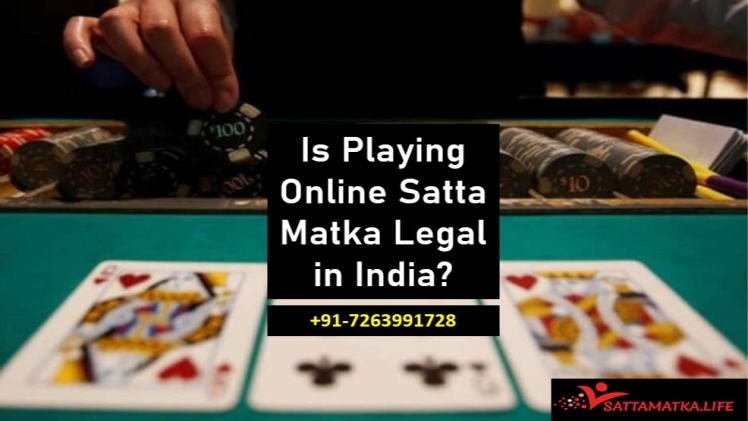Matka gambling, also known as satta matka, is a game of chance that lacks the element of skill. If games involve the skating of money or other material things, the Indian Constitution considers them illegal. Despite being a primary state subject, none of the states has legalized sattamatka yet. Also, states or Union Territories like Goa, Sikkim, and Daman, where casinos are legal, do not hold a specific place for the game.
How Did Satta Matka Get Banned In India?
The concept of satta matka first originated in the Indian State Of Maharashtra before Independence. At that time, the prices of cotton were exchanged through teleprinters between the Bombay Cotton Exchange and the New York Cotton Exchange. This betting was done on the possible opening and closing rates of cotton, which was legal.
After India got Independence, the New York Cotton Exchange stopped the process, which gave rise to gambling on the opening and closing rates of any products, even if it is imaginary. Due to the craze, the Matka dealers enjoyed the enormous expansion of their business. It became out of control that led the government to put a stop to the satta game.
The government regulated the Public Gambling Act of 1867, which is the federal law for gambling in India, to prohibit people from running and visiting public gambling houses. It got banned because it was fulfilling all the criteria specified in it.
Why Is Satta Matka Still Ban In India?
The ban of kalyan matka involves several socio-political reasons. Some of the primary reasons are as follows:
- Matka gambling has become a societal threat to India since people are getting severely addicted to this game. This addiction leads to households collapsing and affecting the overall happiness of the residents of India.
- The government looks into satta as a political issue that can exploit them effortlessly. It is because if they removed the ban from gambling, people would question their morality and also blame them for vesting an interest on earning revenue on the hard-earned money of the people without providing significant returns to the players.
- Sattamatka not only violates the general moral compass but also leads to a rise in financial crimes and money laundering issues.
The Public Gambling Act For Matka Gambling
As discussed earlier in this blog, Matka and any other activity concerning gambling is considered illegal in the Public Gambling Act 1867. This act restricts people from running, visiting, or being in charge of a public gambling house that is not approved by the Federal or State Government.
It is deemed a criminal offense when people owe, occupy, accept, or bet money or material things as well as allow or keep records of betting. However, the act does not mention online, web, or Internet. That is why every dealer will play satta online.
Also, this loophole is challenged by some Indian states like Maharashtra, Telangana, Andhra Pradesh, Karnataka, and Tamil Nadu by banning only gambling activities too. Hence, people living in this state won’t be able to play online kalyan matka even on foreign sites.
Legal Alternative To Matka Gambling
People have now chosen the web as the satta matka alternative. There are several websites available online that allow you to play sattamatka, kalyan matka, and many more in just a few clicks. They also provide a payout if you win. However, as discussed earlier, since all of those sites are of Indian origin, it is still considered illegal.
Fortunately, some legit websites still exist. They are foreign sites and are registered, thereby making them legal and safe for people to play. And don’t worry, they are not similar to the traditional lottery. However, they are similar in terms of payouts. They are surely the best legal alternative to matka gambling.
Future Of Satta Matka
Although satta matka is illegal in the country at the moment, it is expected that the government will legalize it in the future. And, if it gets a legal status, it would only be allowed on the centers licensed by the State Government. Also, people will be given a restricted betting amount, and their transactions are monitored and will be asked to keep on a particular limit. Both operators and players have to link their AADHAAR or PAN cards for making effortless and secure transactions. It is just a theory and has not been materialized yet. But, if it gets legal, it will be regulated under strict rules and regulations.


